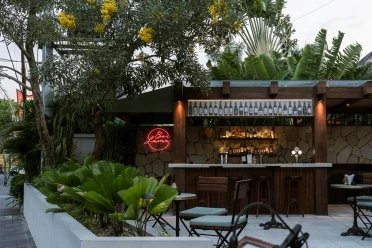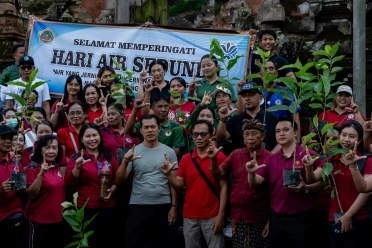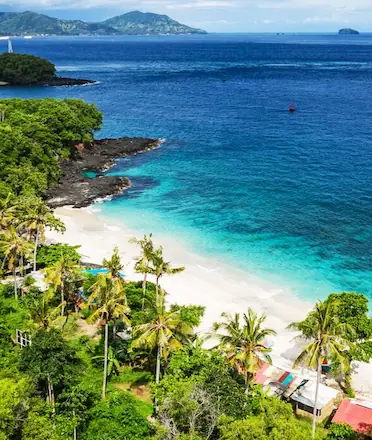In a sweeping environmental move, the Governor of Bali, Wayan Koster, has issued a decisive ban on the production and distribution of plastic drinking water containers under one liter, marking a pivotal shift in the island’s battle against plastic waste.
The directive aims to significantly curb Bali's mounting plastic pollution by targeting one of the most prevalent forms of single-use waste.
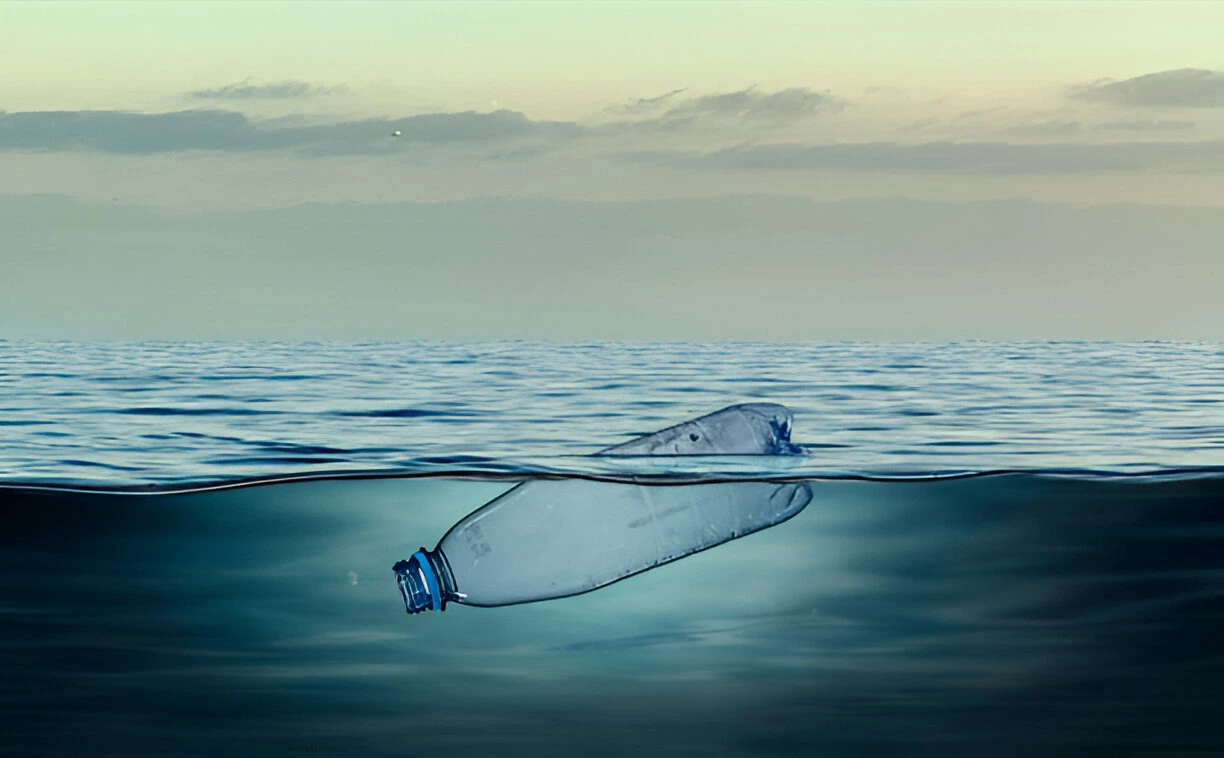
The directive, codified in Circular Memorandum Number 9 of 2025 and signed on April 6, aims to significantly curb Bali's mounting plastic pollution by targeting one of the most prevalent forms of single-use waste: small plastic water bottles (under 1L), cups, and half-liter containers.
A Multi-Sectoral Push for Sustainability
Governor Koster’s ban extends far beyond just manufacturers and retailers. The new policy spans six key sectors of Balinese life—government offices, traditional villages, businesses, hospitality establishments, educational institutions, marketplaces, and religious sites—mandating each to enforce the elimination of small-scale plastic containers and transition toward environmentally friendly alternatives.
The memorandum goes beyond advocacy, embedding enforcement mechanisms to ensure compliance. Companies found violating the policy risk losing operational permits and licenses, while traditional villages that fail to adopt the mandate could face suspension of provincial financial assistance. At the same time, individuals and communities that actively support the initiative stand to receive government-backed incentives and public recognition.
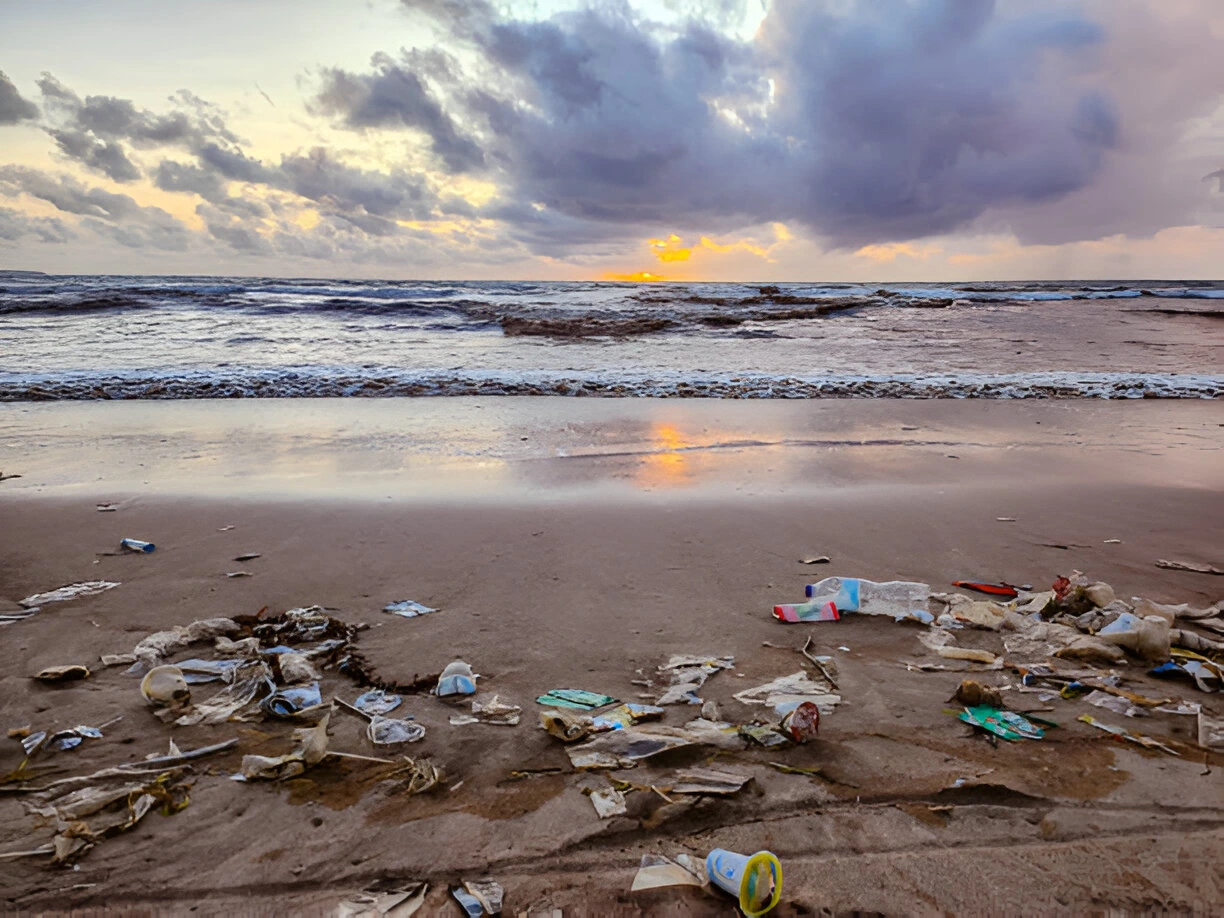
A Call for Green Innovation
The latest regulation forms part of a broader environmental strategy unfolding in Bali. With rising global attention on climate change, plastic pollution, and sustainable tourism, the island is increasingly reshaping itself as a model of green innovation in Southeast Asia.
Under the new guidelines, all businesses operating in Bali are now required to adopt environmentally conscious operational models. From hotels to restaurants, shopping malls to corner stores, businesses must align with the province’s green economy vision. “Green hotels” and “eco-restaurants” are no longer mere marketing tags—they are fast becoming operational requirements. The policy emphasizes the development and use of sustainable waste management systems, such as composting, bio-conversion with maggots, and conversion of organic waste into animal feed.
Mobilizing Every Layer of Society
What sets this regulation apart is the sweeping mobilization effort it demands. From the Indonesian military and police to village chiefs and local organizers, the Governor has called on every layer of Balinese society to participate in the shift away from disposable plastics.
By including a wide array of actors—from government agencies to religious and educational institutions—the policy seeks to instill environmental responsibility across generations and sectors. Traditional villages, long seen as custodians of Balinese culture and heritage, are being positioned as pivotal actors in the island’s environmental turnaround.
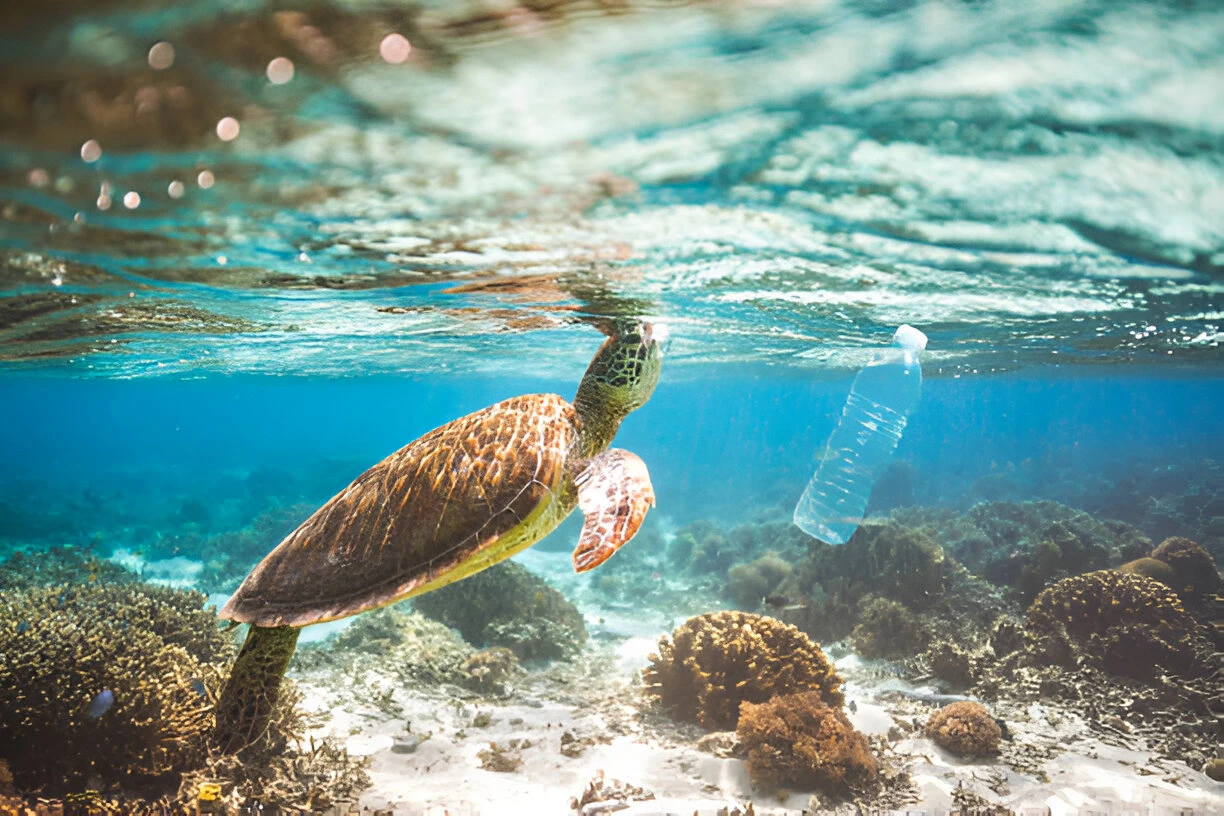
A Message to the World
For Bali, this policy carries implications beyond its beaches and temples. As one of the world’s top tourist destinations, Bali’s stance on plastic waste sends a strong message to the global travel and hospitality industry. Eco-conscious tourists are increasingly factoring sustainability into their travel decisions, and destinations that fail to meet these expectations risk losing their appeal.
By aligning environmental stewardship with economic development, the island is not only protecting its natural resources but also future-proofing its tourism industry. The initiative reflects a larger trend sweeping through the Asia-Pacific region, where islands and coastal nations are taking aggressive steps to reduce single-use plastics.




 Billy Bagus
Billy Bagus
 Apr 24, 2025
Apr 24, 2025
